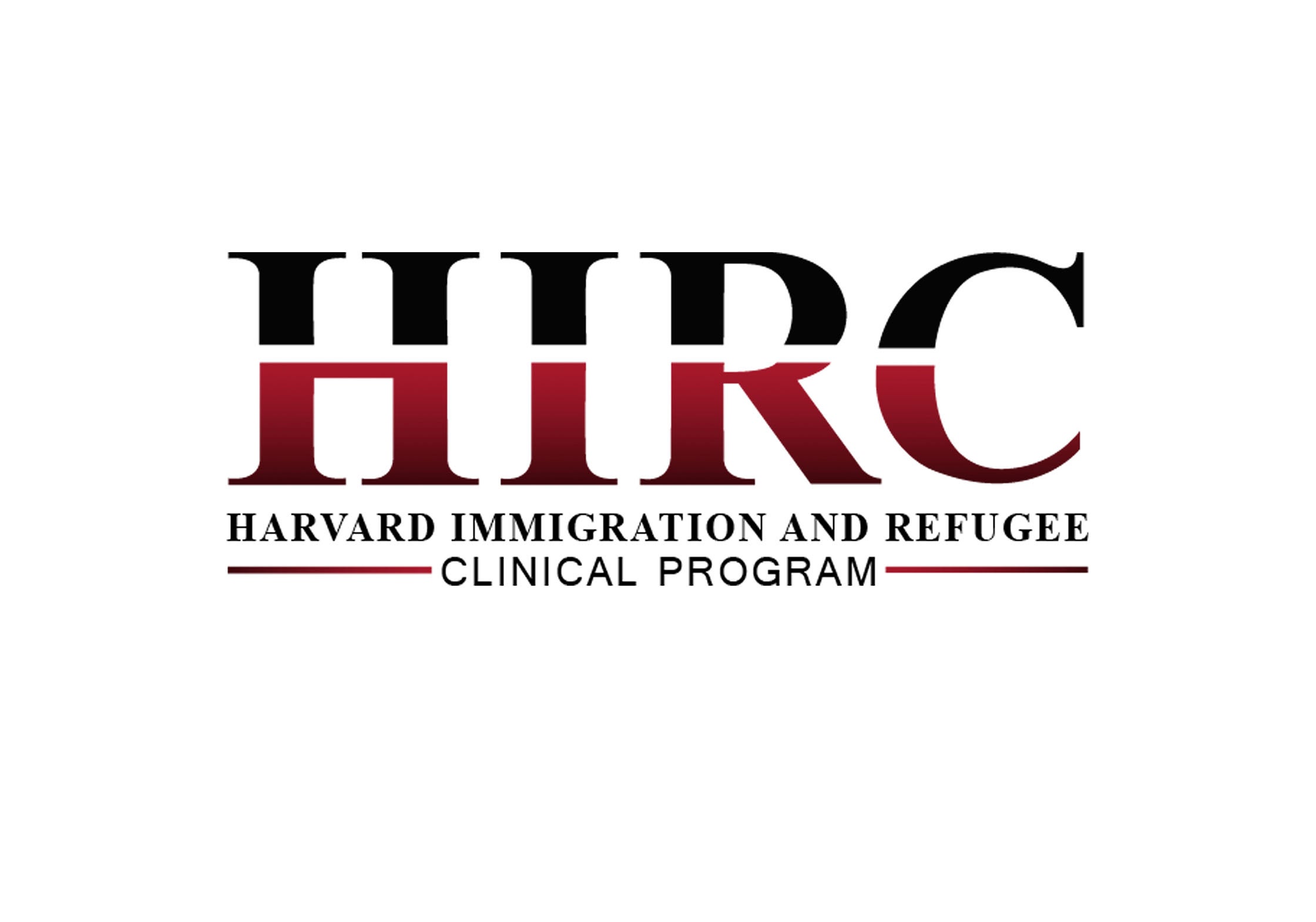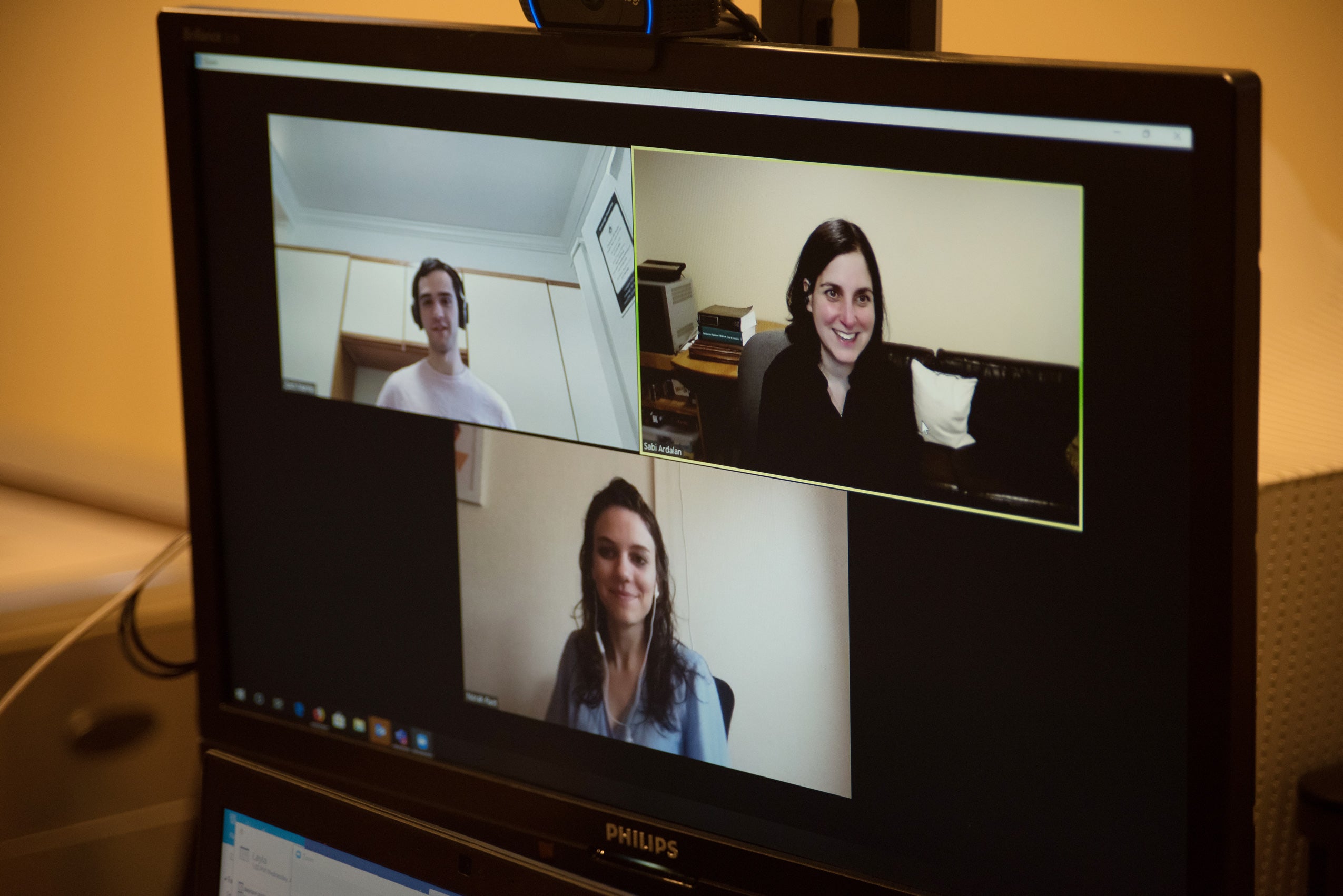People
John Willshire Carrera
-
For the Clinical Program at Harvard Law School, the past weeks of the COVID-19 pandemic have been a time to mobilize. As the clinics have moved to working remotely, their work has continued with new urgency.
-
Law School Professors Sign Letter Opposing Sessions Nomination
January 6, 2017
Sixteen Harvard Law School faculty members have joined thousands of other law professors across the country in signing a letter opposing Republican U.S. Senator Jeff Sessions’s nomination as United States Attorney General... Law School professor Ronald S. Sullivan Jr., who signed the letter, said Sessions’s record on voting rights, especially for minorities, is deeply troubling to him. “The aim of the letter is to raise the significant issues about voting, which is fundamental to our democratic experiment and, once these issues are raised, we hope that the committee and the citizenry in general would not support this nominee,” Sullivan said. “We certainly think that, party affiliation aside, no Attorney General should have taken such a radical view about voting rights laws.”
-
Classroom to courtroom
October 14, 2014
Harvard Law School students with the Harvard Immigration and Refugee Clinical Program (HIRC) were working with Greater Boston Legal Services on a case involving a Guatemalan man in the summer of 2013 when they collectively had an “aha” moment. The pressure was high, and everybody was working on two sets of legal briefs that were due before the court. “We were having a meeting here, and all of a sudden everybody understood what was on the table, and the writing was very powerful,” said John Willshire Carrera, co-director of the HIRC site at Greater Boston Legal Services. The HIRC program trains students to represent refugees seeking asylum in the United States, as well as other immigrants, said Deborah Anker, the program’s director and a clinical professor of law.
-
The high price of freedom
September 8, 2014
It was the luckiest of breaks, in a life long overdue for one. Manuel Ordonez-Quino sat in a detention center in El Paso, awaiting deportation to Guatemala. Swept up in the massive raid on a New Bedford factory in 2007, immigration officials said he had agreed to leave the country. But some of his fellow detainees told lawyers that was impossible. Ordonez-Quino was deaf, they said. An indigenous Maya, he spoke only Quiché, not English or Spanish. He could not have understood what was happening to him, let alone agreed to it. So John Willshire-Carrera and Nancy Kelly of Greater Boston Legal Services and the Harvard [Immigration and Refugee [Clinical] Program took on his case. That one stroke of good fortune will change not only Ordonez-Quino’s life, but many others.
-
HIRC plays key role in landmark decision recognizing domestic violence as grounds for asylum
August 27, 2014
The Board of Immigration Appeals (BIA) issued a ground-breaking decision yesterday that recognized domestic violence as a basis for asylum. The court’s decision…
-
Honduran man waits for asylum after 12-year fight
August 5, 2014
When he arrived at the Texas border, Celvyn Mejia Romero was a scared 10-year-old, with a machete scar and memories of a murdered uncle as reminders of why he'd embarked on a long, perilous journey from Honduras…"He explained the harm he had suffered but he couldn't really explain the underlying reasons," John Willshire-Carrera, co-managing director of the Harvard Immigration and Refugee Clinic at Greater Boston Legal Services, says of his client…"The process has become more responsive to children's needs ...," says Nancy Kelly, the Boston clinic's co-managing director. "On the other hand, a series of decisions have been made which seem to be making it harder for children who, in our opinion, are true refugees from getting relief because of the way gang-related harm is viewed."



